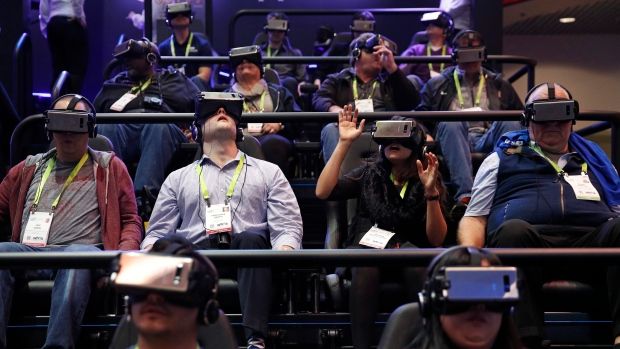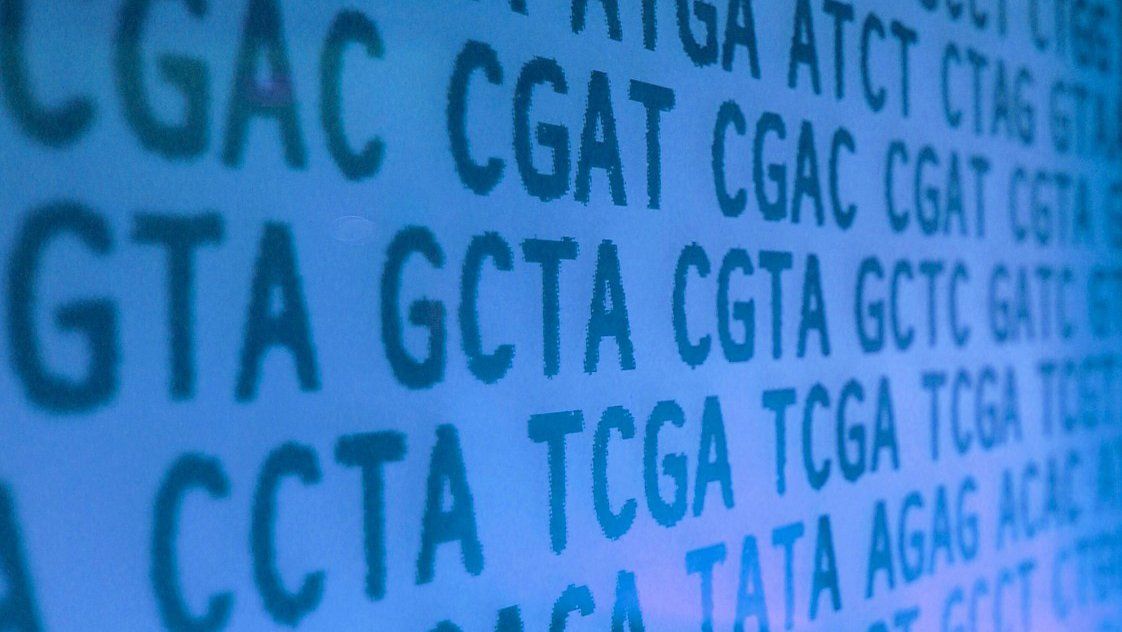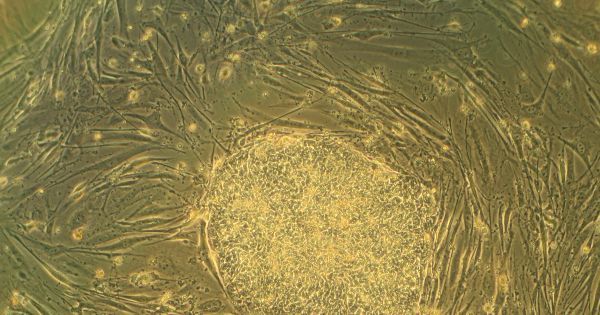http://www.playboy.com/articles/dna-to-find-the-one


Early Bird ends soon!
Have you got your tickets yet? If not, then you just have a few days to do so and save. Early Bird pricing ends on Monday, 11:59 pm CET.
The 2018 Undoing Aging Conference is focused on the cellular and molecular repair of age-related damage as the basis of therapies to bring aging under full medical control.
The conference provides a platform for the existing science community that already works on damage repair and at the same time offers interested scientists and students a first-hand understanding of the current state of this exciting new field of biomedical research.
Speakers will include leading researchers from around the world focused on topics including stem cells, senescent cells, immunotherapies, biomarkers and drug discovery.

Today’s vision of a smart home has more to do with what’s technologically possible than what people really need.
Thus the endless parade of internet-connected wine openers, water bottles, meat thermometers and refrigerators, and a dearth of automation that would clean and fold our laundry, pick up things around the house or assist aging people as their physical strength wanes.
Not that some tinkerers aren’t trying to come up with life-changing tools. The annual Consumer Electronics Show, which opened in Las Vegas on Tuesday, is a showcase of the latest innovations from big corporations and tiny startups. Some of these inventions could soon be useful to consumers. Others look outlandishly impractical — or maybe it’s too soon to tell.
Crowdsourcing the fight against drug-resistance infection.
Canadian doctors just reversed severe MS using stem cells.

J147 is an experimental drug that has been shown to treat Alzheimer’s disease, and it also appears to reverse some aspects of aging. It is also poised to enter human clinical trials in the near future, although how it works has been somewhat of a puzzle.
A new study published in the journal Aging Cell has changed all that, and the results are quite intriguing[1]. Researchers at the Salk Institute have solved the mystery of how J147 works and why it makes old flies, mice, and cells more youthful.

Microsoft has built an AI tool that predicts the accuracy of CRISPR so that researchers can avoid making incorrect edits of DNA.
Missing the target: CRISPR uses two components: a cutting protein and a guide RNA that directs it to the part of a genome you want to cut. The guide RNA is about 20 letters long. Problem is, multiple sites in a genome can have the same series of letters, so CRISPR could snip the wrong section—known as an “off target” effect.
Why that matters: Off-target effects are one of the biggest safety concerns with CRISPR. Making incorrect cuts in a genome could, say, switch on a cancer-causing gene.

It’s crazy to think that we still don’t quite understand the mechanism behind one of the most common medical interventions — general anaesthetic.
But researchers in Australia just got a step closer by discovering that one of the most commonly used anaesthetic drugs doesn’t just put us to sleep; it also disrupts communication between brain cells.
The team investigated the drug propofol, a super-popular option for surgeries worldwide. A potent sedative, the drug is thought to put us to sleep through its effect on the GABA neurotransmitter system, the main regulator of our sleep-and-wake cycles in the brain.
